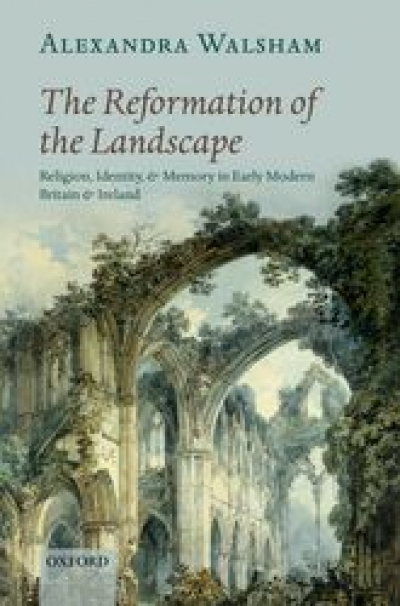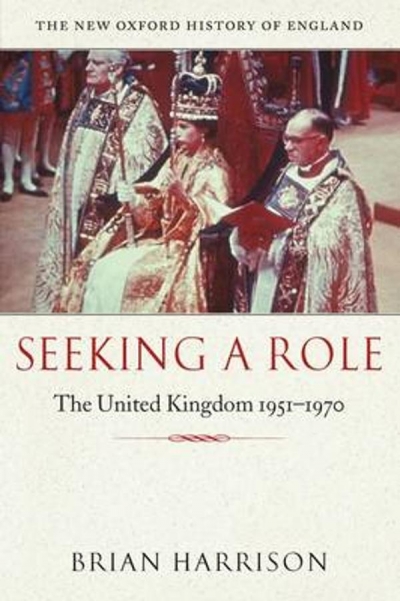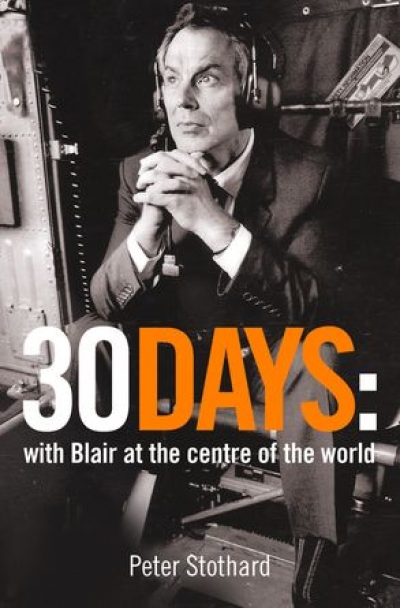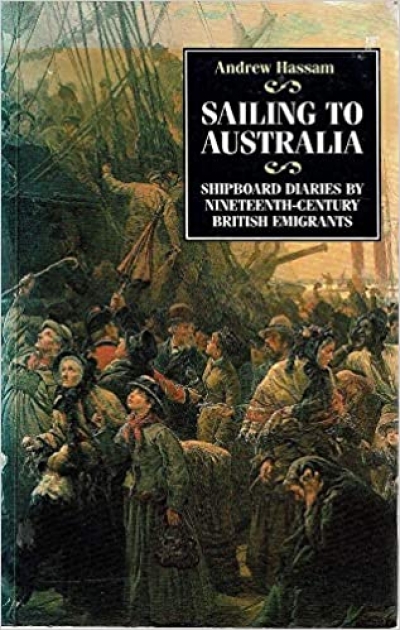United Kingdom
The Reformation of the Landscape: Religion, Identity, and Memory in Early Modern Britain and Ireland by Alexandra Walsham
by Wilfrid Prest •
Seeking A Role: The United Kingdom 1951–1970 by Brian Harrison
by Neal Blewett •
30 Days: A month at the heart of Blair’s war by Peter Stothard
by Richard Walsh •




